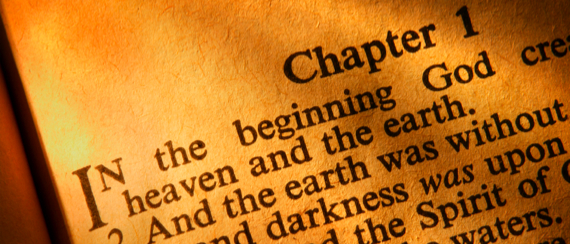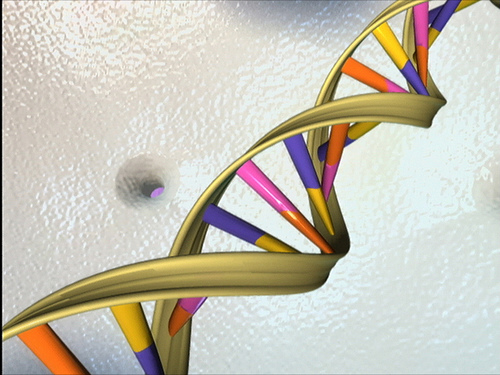
The popular organization Answers in Genesis, led by Ken Ham, warns that BioLogos and like-minded organizations are “destructive to biblical authority and are leading so many people astray.”
I believe, rather, that anti-evolution arguments like these from Ham and other young-earth creationists force many thoughtful Christians to lose their faith. Organizations like BioLogos, however, protect faith.
Answers in Genesis argues that two options exist: creation, with its belief in God as recounted in Genesis; or evolution, which rejects the Bible and denies God is the creator. Since these positions are incompatible, they believe you must choose one or the other.
At first glance this argument looks plausible, and there are certainly some examples that seem to support it. Harvard biologist E. O. Wilson, one of the world’s greatest living scientists, provides such an example.
Wilson, ranked by Time magazine as one of the most influential thinkers of the 20th century, grew up in a Southern Baptist home. He had a conversion experience as a child, read the Bible cover to cover more than once and worshiped with his family in a local Alabama congregation throughout his childhood. He believed in and worshiped a traditional biblical God. He affirmed creation and denied evolution.
After studying biology at The University of Alabama, however, Wilson was convinced evolution was true. He rejected his creationism and the Baptist faith of his childhood, became agnostic and even began to crusade against traditional religion. At first glance, his story seems to support the Answers in Genesis argument.
But what if Wilson had not been primed to believe that evolution was incompatible with his faith? What if he had been raised believing there are two ways to approach Genesis: an ultraliteral interpretation that assumes the text is teaching science, and a literary interpretation that assumes the text is teaching theology? The ultraliteral reading is incompatible with evolution, but the literary reading is not. Wilson could have embraced evolution and simply altered the way he read Genesis, rather than rejecting his Christianity.
Wilson’s Christian faith was not destroyed because it was incompatible with evolution; it was destroyed because it was attached to a narrow ultraliteral interpretation of Genesis that made it so rigid it could not adapt. We should be thankful the faith of Christians at the time of Galileo was not so rigid or it would never have been able to adapt to the revolutionary idea that the earth moves around the sun.
Every year I teach evolution to a large class of evangelical college students who often struggle as they realize the evidence for evolution is so strong they need to take it seriously. Many of them have encountered the young earth creationist argument and enter the course believing they must choose between their faith and modern science. But I know of no one who has ever lost their faith in my class. Instead they learn there are better ways to read Genesis than as an anti-evolution polemic. The only thing they may shed in the class is their ultraliteral approach to the Bible.
Not long ago a student wrote a report for me acknowledging many of the conservative Christian students struggled with the class content and pointing out my course had a reputation for challenging their faith. But, this student asked, what about those overlooked students in the class without any faith? What was their reaction to the course content? The student chronicled a remarkable and heartwarming story. His best friend in the class was not a Christian and did not even believe in God. His friend had been raised on the either-or young earth creationist argument and — convinced that evolution was true — believed that Christianity was not an option for him. Gradually, as I explained the BioLogos perspective in the class, this student came to faith and was relieved to discover he did not have to reject science to be a Christian.
BioLogos is not a challenge to faith. It is a critically important argument proving Christianity is compatible with science. It helps believers realize they do not need to choose between their brains and their Bibles. We must reject the arguments of fundamentalists of both the atheist and Biblical variety who argue the opposite.
Karl Giberson is executive vice president of The BioLogos Foundation and director of the Forum on Faith and Science at Gordon College in Wenham, Mass.

